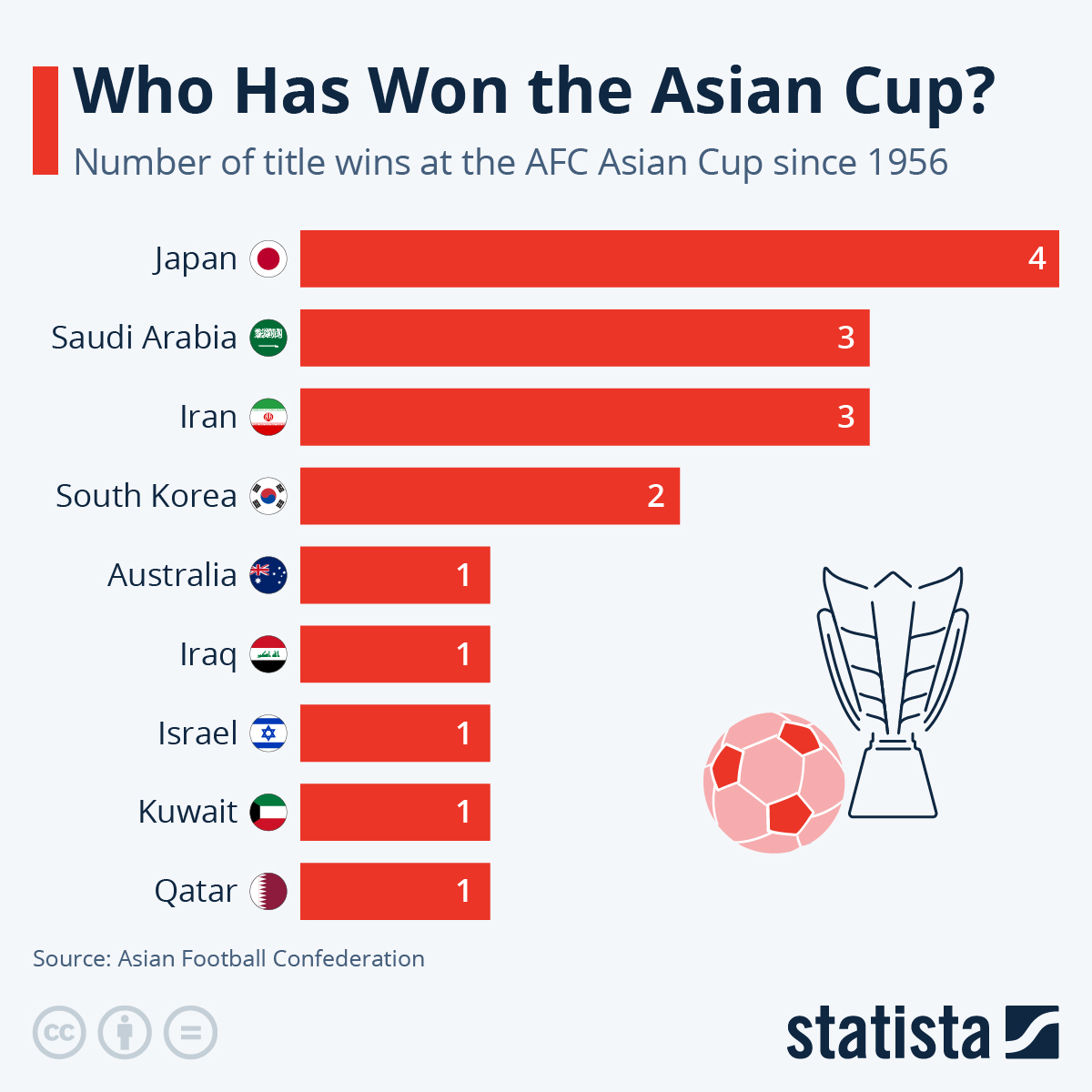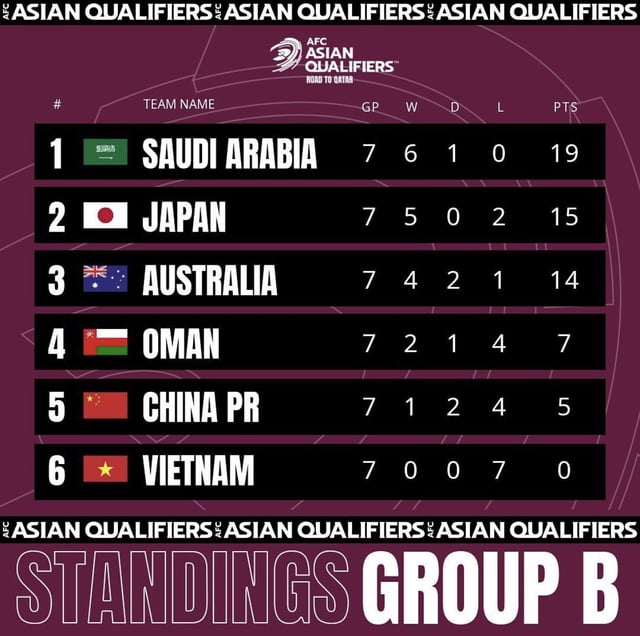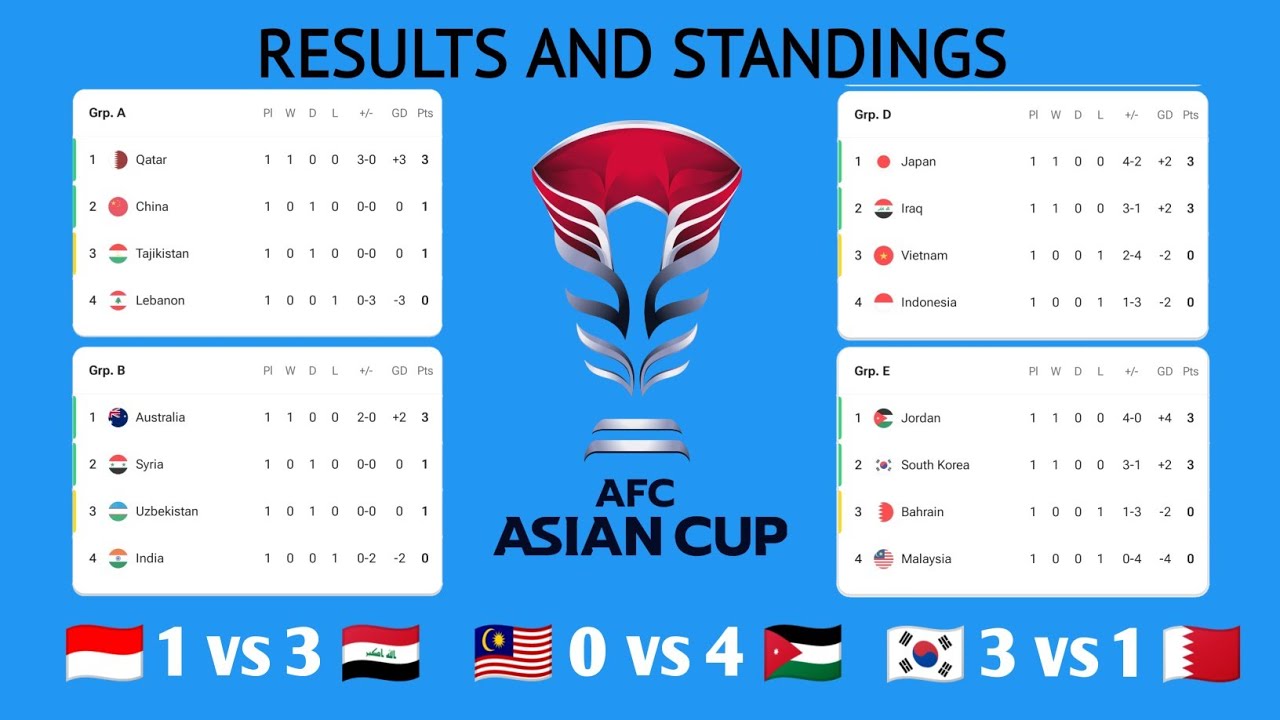Alright, so today I’m gonna walk you through how I tackled pulling up the ‘asian cup of nations standings’. It wasn’t as straightforward as I initially thought, but hey, that’s half the fun, right?

First off, I started by just Googling around. Figured some sports site would have a clean table or something I could just copy-paste. Nope. Most of them were either paywalled, super cluttered with ads, or just plain hard to read. Strike one.
Then, I thought, “Okay, maybe there’s an API I can hit?” Started digging around the official AFC (Asian Football Confederation) website. It was a maze. I mean, a total maze. I spent a good hour clicking through different sections, looking for anything that resembled a developer portal or API documentation. Zilch. Strike two.
Frustrated, I decided to get a little more hands-on. I fired up my browser’s developer tools (inspect element, you know the drill) and started sniffing around the network requests on some of the live score pages. Bingo! Found a JSON endpoint that seemed to be spitting out match data. It wasn’t exactly standings, but it was a start.
Next, I pulled out my trusty Python and the `requests` library. Wrote a quick script to hit that endpoint and dump the JSON. The data was messy. Really messy. Nested objects, weird abbreviations, you name it. I spent a good chunk of time just trying to figure out what everything meant.
Okay, so I had the raw match data. Now I needed to turn it into standings. This involved a lot of looping, conditional statements, and manual calculations. I had to keep track of points, goals scored, goals conceded, and all that jazz for each team in each group.

Here’s where it got kinda tedious. I basically built a dictionary for each team, initialized all their stats to zero, and then looped through the match data, updating the dictionaries based on the match results. Lots of `if team1_score > team2_score: team1_points += 3` type stuff.
Once I had all the team stats, I needed to sort them within each group. This involved writing a custom sorting function that took into account points, goal difference, and goals scored (in that order). Python’s `sorted` function with a `lambda` key came in clutch here.
Finally, I formatted the sorted standings into a readable table using the `tabulate` library. It’s nothing fancy, but it got the job done. I printed it out to the console, and there it was: the Asian Cup standings, scraped and calculated from scratch.
Was it the most elegant solution? Probably not. Could I have used a proper sports API if I could find one? Absolutely. But hey, I learned a ton about web scraping, data manipulation, and the importance of clean APIs (or the lack thereof). And that, my friends, is why I love this stuff.
Lessons Learned:

- APIs aren’t always your friend. Sometimes you gotta roll up your sleeves and get dirty.
- Data cleaning is a huge part of any data project. Be prepared to spend a lot of time on it.
- Python is your best friend for this kind of stuff. Seriously.
